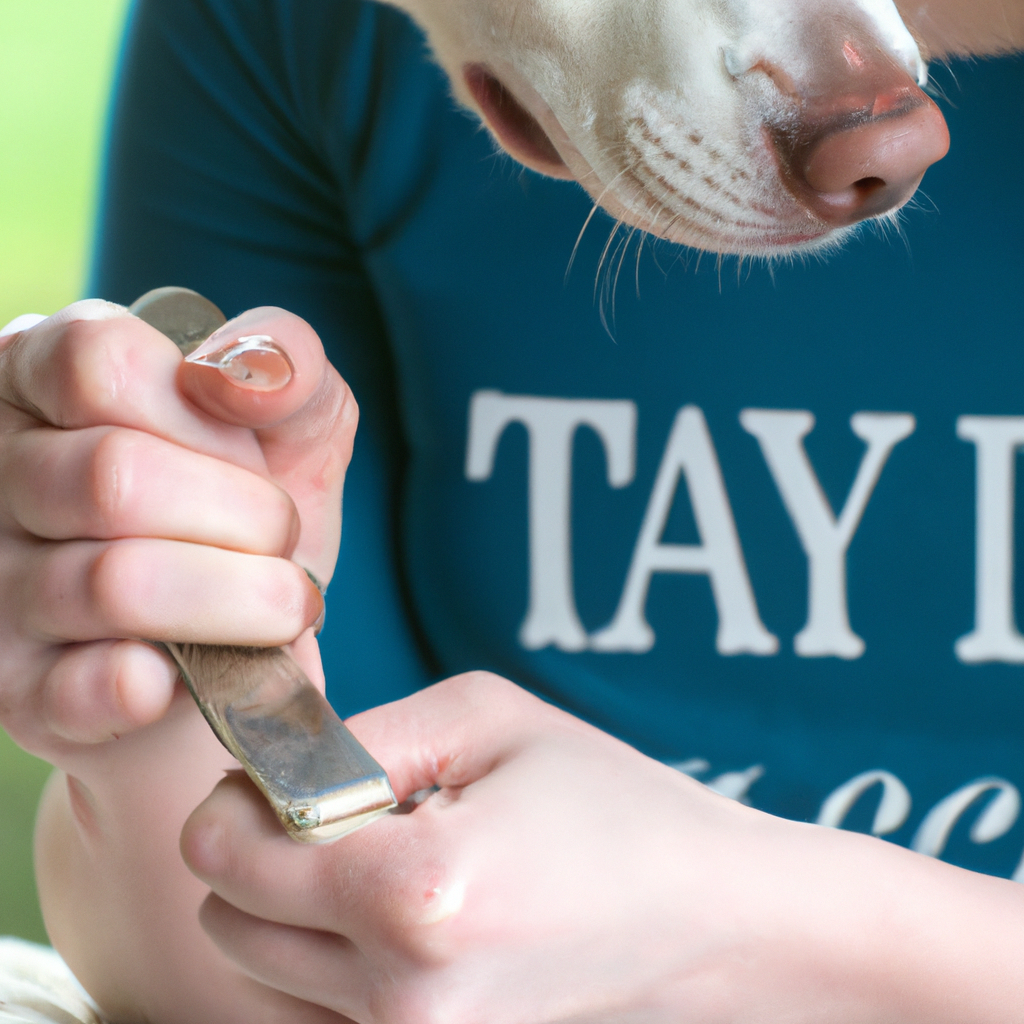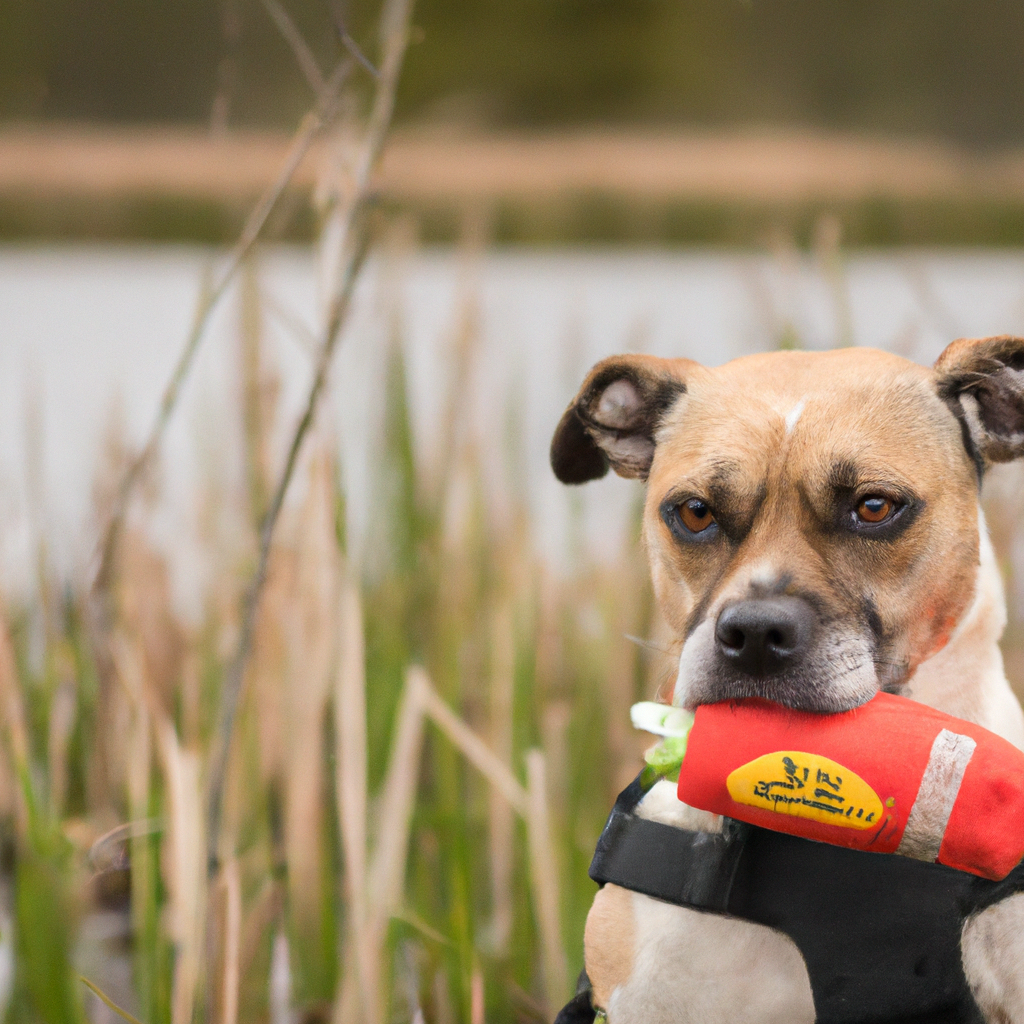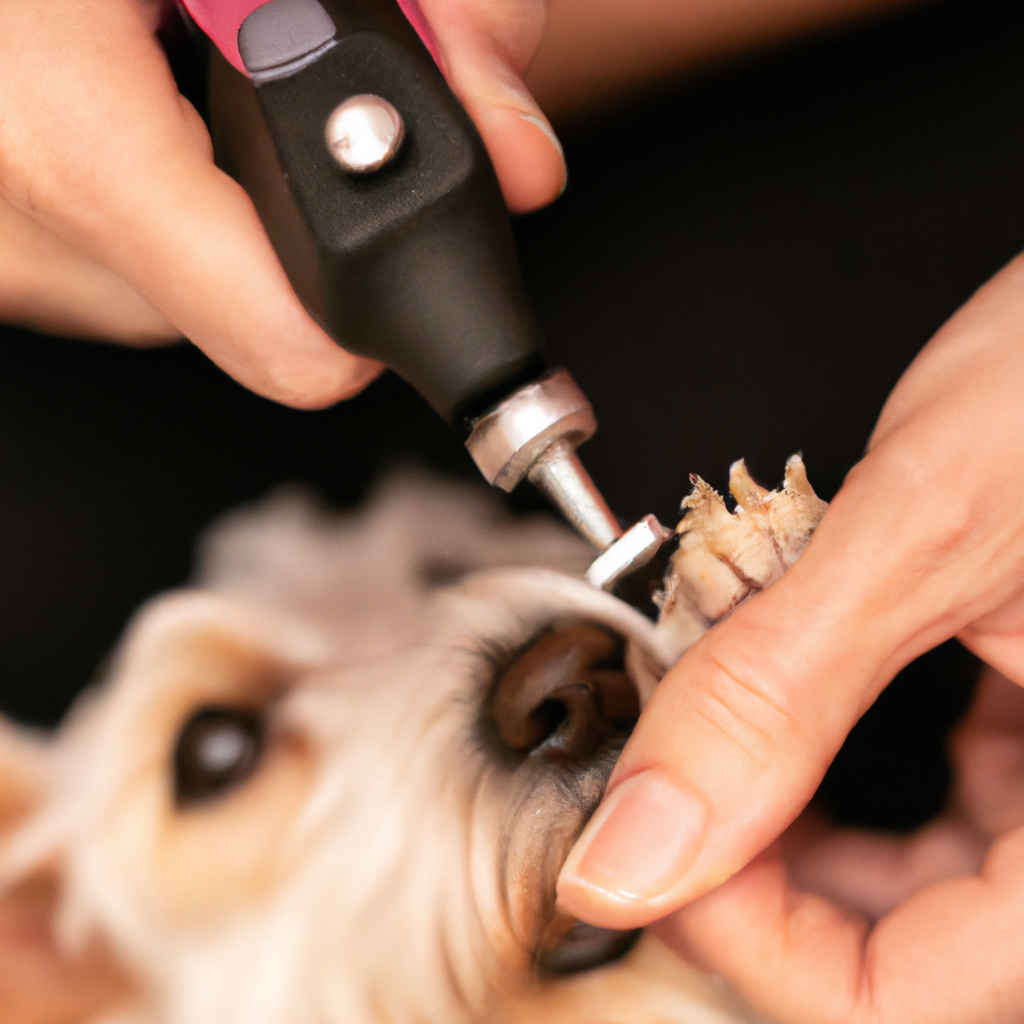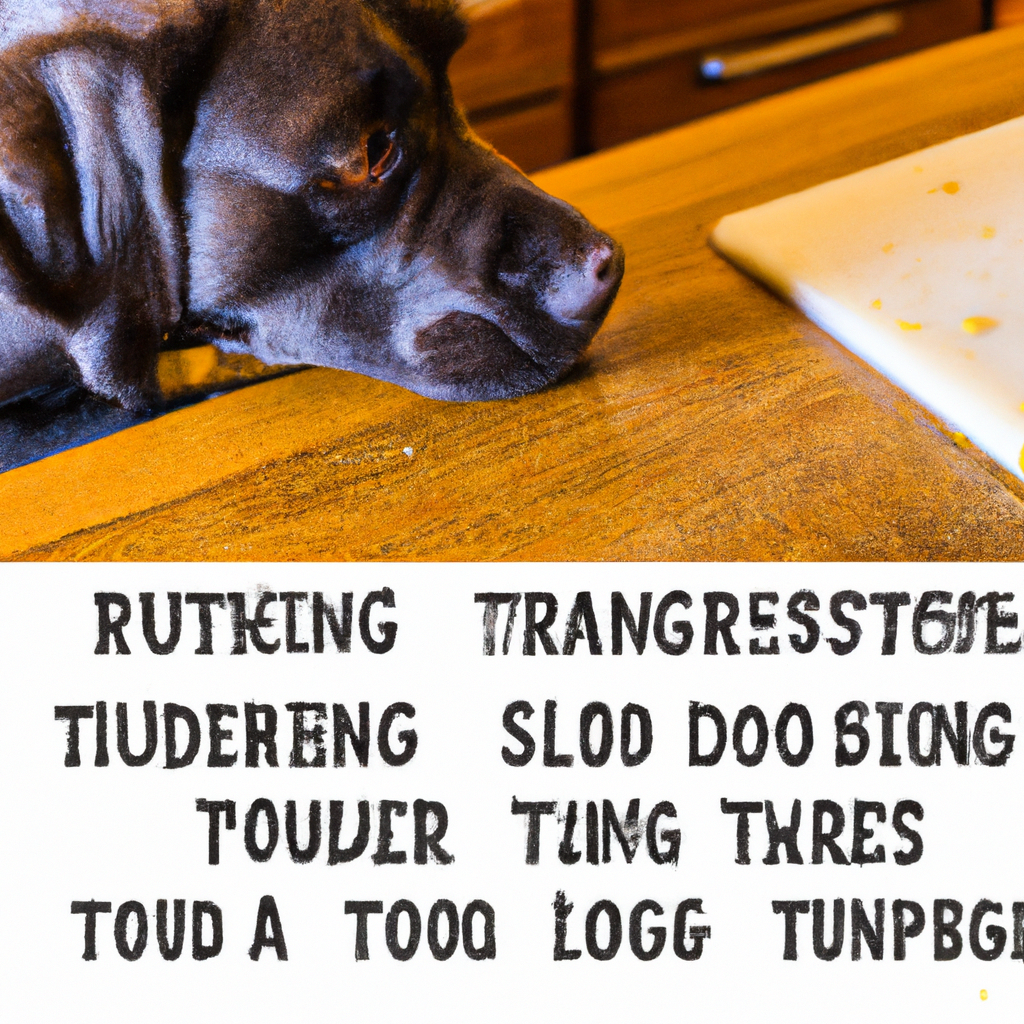Training Tips for Dealing with Fear of Storms or Loud Noises
Training Tips for Dealing with Fear of Storms or Loud Noises TIP 1: Create a Safe Haven In order
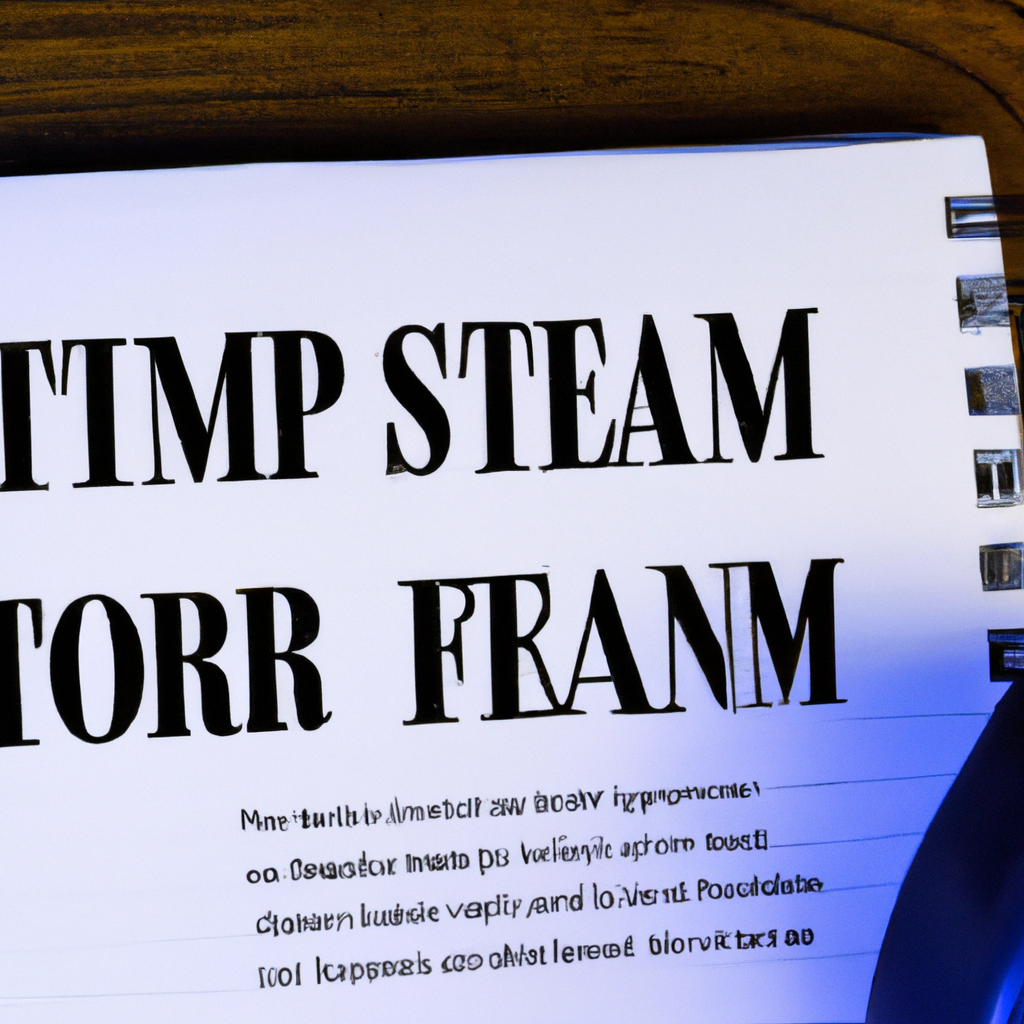
Training Tips for Dealing with Fear of Storms or Loud Noises
TIP 1: Create a Safe Haven
In order to help your pet feel safe during storms or loud noises, designate a quiet and comfortable space in your home where they can retreat to. This area should be soundproofed as much as possible and should have their favorite toys, bed, and blankets.
TIP 2: Desensitization
Gradual exposure to the sounds that trigger fear can help your pet overcome their phobia. Start by playing low volume recordings of storm sounds or loud noises while your pet is engaged in something enjoyable, like eating or playing. Slowly increase the volume over several weeks.
TIP 3: Counter-Conditioning
By associating the frightening sounds with something positive, you can help your pet develop a positive response. Use treats, praises, or rewards during or immediately after the stimulus. This will help shift their emotional response from fear to a more positive one.
TIP 4: Distraction Techniques
During storms or loud events, engage your pet in activities they enjoy, such as playing with their favorite toy or participating in a training session. This will divert their attention from the fear-inducing noises and help them associate the situation with something positive.
TIP 5: Seek Professional Help
If your pet’s fear of storms or loud noises is severe or persistent, it may be beneficial to consult a professional animal behaviorist or trainer. They can develop a customized training plan and provide additional guidance to help your pet overcome their phobia.
TIP 6: Do Not Punish
Avoid scolding or punishing your pet for their fearful behavior. This can worsen their anxiety and potentially lead to other behavioral problems. Instead, provide calm reassurance and support during their distress.
TIP 7: Use Calming Products
Consider using products specifically designed to reduce anxiety in pets, such as anxiety wraps, pheromone sprays, or calming supplements. These can provide a sense of security and help alleviate their fear during storms or loud events.
TIP 8: Consult Your Vet
If your pet’s fear is severe and interfering with their quality of life, consult your veterinarian. They can rule out any underlying medical conditions and may prescribe medication or recommend other interventions to manage their fear more effectively.


